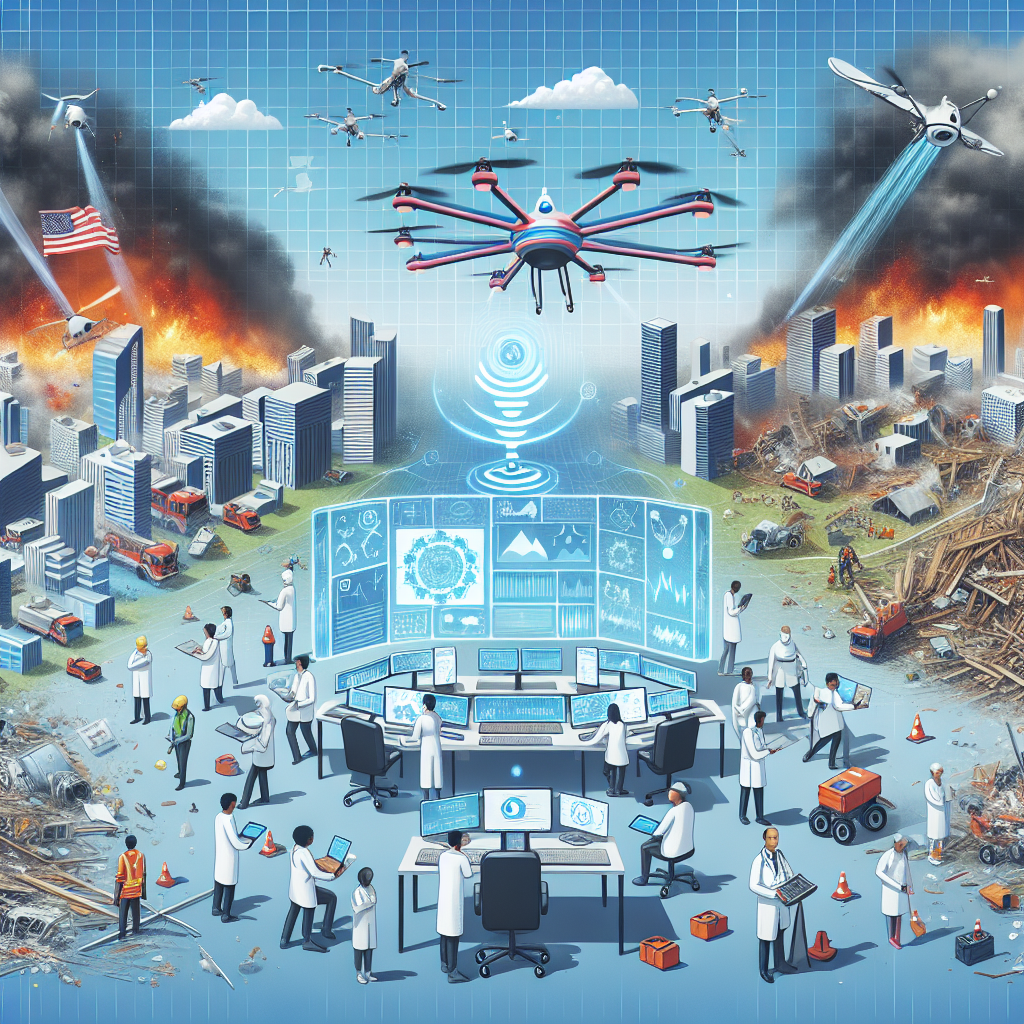AI in Emergency Response: Your Questions Answered!
Hello there! Have you ever wondered how artificial intelligence (AI) is making a splash in emergency response? It’s quite an exciting topic, and today we’re diving into some common questions you might have, providing you with a fun and enlightening journey through this innovative world!
What Exactly is AI Doing in Emergency Response?
Imagine AI as your dependable sidekick, capable of sorting through heaps of data faster than any human could. In emergency situations, this power becomes invaluable.
- Real-time data analysis: AI can swiftly analyze data from various sources, such as social media, weather updates, and traffic cameras, to provide real-time insights.
- Predictive analytics: By recognizing patterns, AI can predict potential emergency situations, offering essential foresight to emergency response teams.
- Resource allocation: AI systems can help determine optimal routes for emergency vehicles, ensuring help arrives as soon as possible.
Pretty impressive, right?
How Does AI Improve Decision-Making During Emergencies?
During emergencies, every second counts. AI can aid decision-makers by offering:
- Faster Information Processing: AI is capable of quickly processing large volumes of information, allowing response teams to focus on executing critical decisions.
- Situation Awareness: By providing comprehensive situational awareness, AI helps teams understand the full scope of the emergency.
- Risk Assessment: AI tools can evaluate the relative risks of different situations, helping prioritize actions that could save lives.
Are There Risks or Limitations to Using AI in Emergencies?
While AI is a boon, it’s wise to stay aware of its limitations, such as:
- Data Dependency: AI’s effectiveness is as good as the data it receives; poor quality data can lead to inaccurate predictions.
- Ethical Concerns: Using AI in emergency responses raises ethical questions around privacy and data security.
- Lack of Human Judgment: AI lacks the empathy and reasoning that human responders bring to nuanced situations.
It’s crucial to balance AI’s use with human intuition to achieve the best outcomes.
What’s Next for AI in Emergency Response?
The future looks promising! As technology evolves, AI is likely to become even more sophisticated in identifying and addressing emergencies. With continuous advancements, we can anticipate enhancements in:
- Integration with IoT Devices: Greater connectivity with Internet of Things (IoT) devices could provide more real-time data and insights.
- Autonomous Drones: Using AI and drones for surveying disaster zones, providing a bird’s eye view for faster response.
- Increased Personalization: AI could tailor alerts and responses to specific community needs, improving overall efficiency.
In conclusion, AI holds wonderful potential for making the world safer, provided we navigate its challenges wisely. It’s like harnessing the power of a superhero — exciting and empowering!
Got more questions or thoughts? Feel free to share! We’re all navigating this thrilling tech journey together, after all.
